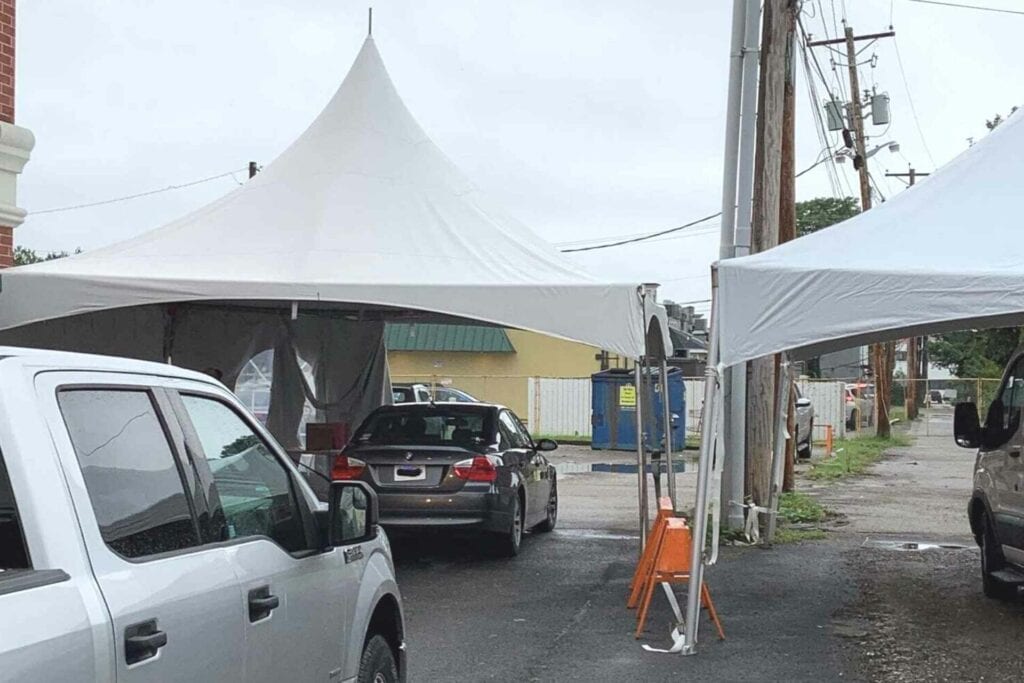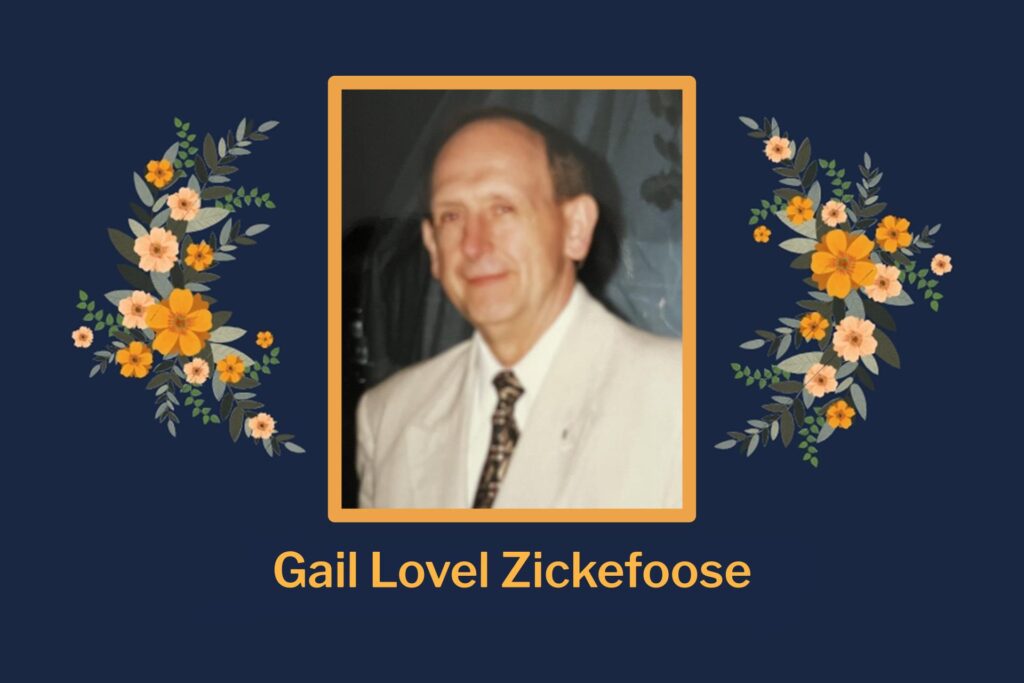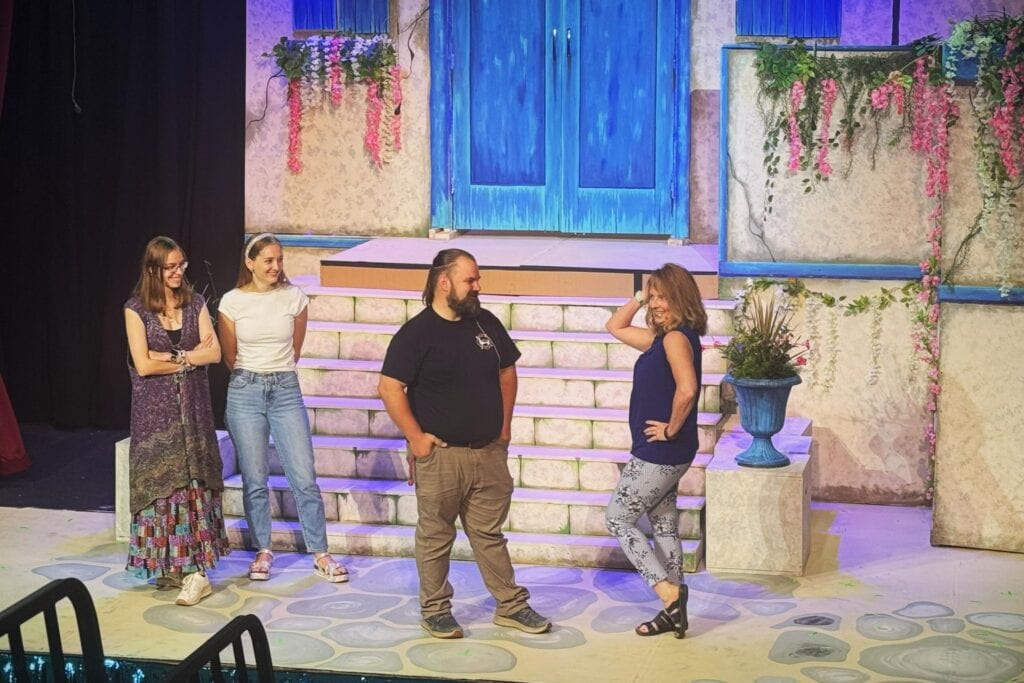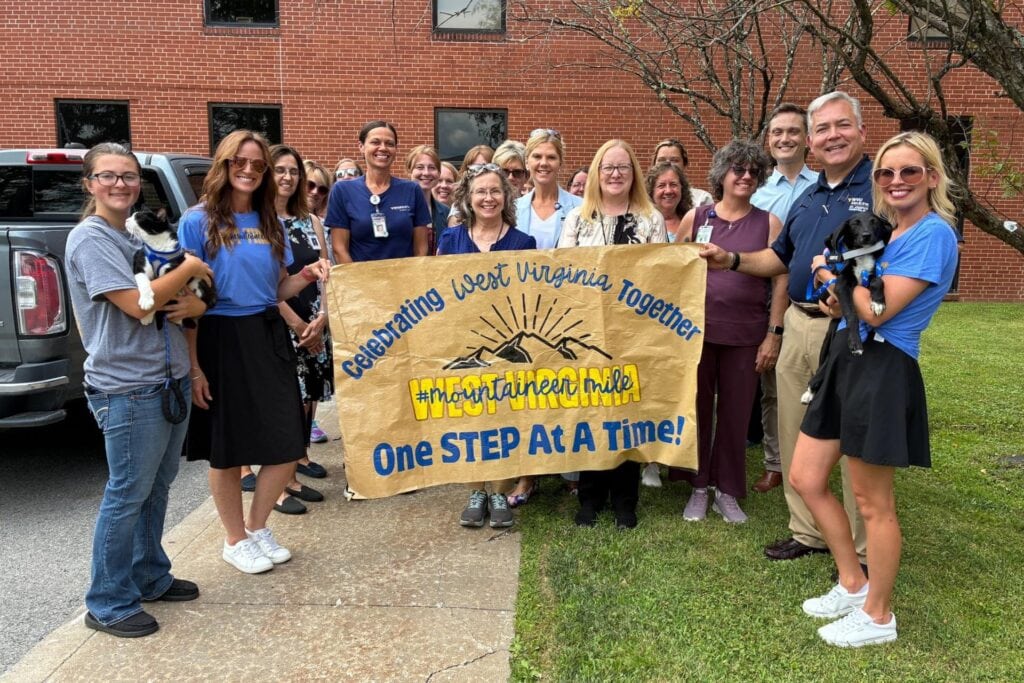Editor’s note: This story was originally published by Mountain State Spotlight. Get stories like this delivered to your email inbox once a week; sign up for the free newsletter at https://mountainstatespotlight.org/newsletter.
By Ian Karbal, Mountain State Spotlight
On Aug. 11, COVID-19 cases in West Virginia soared toward 5,000, and hospitalizations reached numbers the state hadn’t seen since the winter. That same day, a Hardy County nonprofit, the Community Education Group, quietly announced their plan to use funds from the Centers for Disease Control and Prevention to increase vaccinations in rural West Virginia.
The group’s plan is ambitious. They will focus first on increasing COVID-19 testing and vaccination rates, but also hope to use their federal money to build a medical infrastructure that will prepare rural West Virginia to tackle high rates of HIV, hepatitis C and substance use disorders, while continuing to offer testing and vaccination for COVID and influenza.
“We want to be able to approach this for individuals who we know COVID is the number one issue for, but we also have other health considerations in West Virginia that we have to take care of,” said founder A. Toni Young.
The use of federal money stands in stark contrast to Gov. Jim Justice’s use of federal CARES Act funds, which he has near total control over. Only 10 days after ending a vaccine lottery program that multiple studies found to be ineffective, Justice announced a second round of giveaways and prizes that will cost $6 million to $8 million, or roughly double what Young’s group received.
Allowing vaccinated residents to sign up for a chance to win prizes like trucks, guns, vacations and up to $1 million cash, has been Justice’s primary method of driving up vaccination rates. But multiple studies released since the first lottery began have shown that such giveaways have done little to increase vaccinations.
Dr. Allan Walkey, who studied the effectiveness of the nation’s first vaccine lottery in Ohio, said last month, “I think [states] needed to try something to increase vaccination rates. Knowing now that they haven’t had much of an effect, I think it would be a mistake to keep doing them in the future. We need to learn and change and move on.”
But Justice doubled down. Asked at an Aug. 20 press conference by a West Virginia Public Broadcasting reporter why he was spending millions on a second lottery program with his bulldog as a mascot, Justice offered a rigorous defense, and assailed the program’s critics. “I hope to goodness that no one is sitting out there rooting for the incentive program on Babydog to fail, because if the incentive program on Babydog is not successful, then that means we’re not getting people vaccinated.”
Offering a small chance at large prizes may not be enough to get someone who’s vaccine hesitant off the fence, or to get someone who doesn’t understand the need for a vaccine to a pharmacy. Unlike Justice’s plan, Young ’s program will bring vaccinations and health care services to high-risk communities by funding vaccination drives, training local health care providers to offer new services like hepatitis and HIV screenings. And she hopes to build local volunteer networks to spread quality information about vaccine safety and new treatment options to people who may not have access to it — but that’s something that doesn’t happen overnight.
“I mean, [Justice] has way more money than me,” Young said. “But I don’t know that the people that we’re talking about are necessarily the same ones that are going to go in for the lottery. I think there are some people out there that we have to do, literally, a hand touch on.”
In spite of increasingly dire trends, with active COVID cases hitting 21,500 — just three weeks after they reached 5,000 — and the rate of new infections and hospitalizations nearing all-time pandemic highs, Justice has refused to reinstate mask mandates or require state employees to be vaccinated. The governor’s office did not respond to questions about other programs to encourage West Virginians to get vaccinated.
Justice’s hesitance comes as many West Virginia Republicans have come out against mask and vaccination mandates. Attorney General Patrick Morrisey tweeted on July 27, “Informed citizens in a Republic don’t need government mandates to dictate how they should act.” Senate President Craig Blair, R-Berkeley, and House of Delegates Speaker Roger Hanshaw, R-Clay, are asking Morrisey to weigh in on the legality of vaccination mandates, or a “vaccine passport” system.
In the absence of new efforts from lawmakers, Young hopes to use strategies the Community Education Group have applied in the past to prevent HIV and hepatitis C and increase access to care in marginalized, mostly urban communities. Their plan involves training community members and local health care providers in the next few months to offer health services that many people in rural West Virginia can’t easily get.
Young’s focus moved from urban areas like Washington D.C., where the group had primarily worked for decades, to rural West Virginia after reading a CDC report that found more than than 20 of West Virginia’s 55 counties were among the highest risk counties in the nation for HIV outbreaks. At that point, there had yet to be an HIV outbreak, but looking at the numbers of overdoses and hepatitis cases, Young knew what was coming. When terms like “outbreak” and “cluster” started showing up in connection with HIV in West Virginia years later, Young was ready to move.
With the new funding, she’ll be able to prove whether or not her tested strategies can be adapted to a new environment. But building a network of treatment, and gaining the trust of underserved community members, will take time.
In the next 90 days, the group will also start accepting applications for funding from rural groups with ideas for vaccine pushes of their own, with an eye towards expanding services for clinics that are offering medically-assisted substance abuse treatment in hard-hit regions. She hopes to provide funding and training for COVID and influenza testing and vaccination, as well as hepatitis and HIV prevention.
In the next couple of weeks, Young will fund West Virginia Health Right clinics in Morgantown and Charleston to increase the access of their mobile clinics in nearby rural counties.
Community care
While Justice’s lottery may not prove an effective incentive, medical and behavioral health experts have long contended that community-based messengers are effective at nudging people towards treatment.
“This is the hard work,” Dr. Monica Gandhi, an infectious disease expert at the University of California, San Francisco, said last month. “Where you get people who are trusted messengers in the community, like a doctor, or the head of the Rotary club, or someone in that community who is important to you.”
In West Virginia, Young hopes to adapt the CHAMPS model (Community HIV/AIDS Model Prevention Services), which the Community Education Group previously used to combat HIV in Washington, D.C. The model stresses the importance of recruiting and training locals in underserved communities to perform outreach, provide tests, and point people towards treatment. The key, according to Young, is building trust in hard-hit communities through local messengers. She hopes to begin virtual training in the next three months, after the group considers how to adapt its training to serve rural West Virginia communities and identify potential partners with local health care providers.

For his part, Justice recently announced an effort to open vaccination clinics in at least one school in every West Virginia county this fall, giving young people a chance to get vaccinated in their own communities. The move was praised by U.S. Secretary of Education Miguel Cardona.
Young hopes to train community messengers in rural areas to administer tests and point people towards treatment. As well as building trust, relying on community help can also help fill information gaps, she said.
“Can we get that person who is marginally housed to be vaccinated?” Young said. “Because maybe that person hasn’t been approached about it, the availability of it, the importance of it, the new knowledge about the Delta variant.”
The work ahead
Young, a Hardy County resident, has already begun to build a network of local health care providers and interested organizations after opening a regional office in the Eastern Panhandle. Since September 2020, the Community Education Group has been holding “West Virginia Stakeholders” meetings to discuss their work and prominent issues in the state.
But according to Dr. Judith Feinberg, an infectious disease specialist at West Virginia University, who specializes in HIV and substance use disorders, outreach in rural West Virginia represents a unique challenge.
“Rural communities are really insular.” said Feinberg, who has been in touch with Young. “In general, West Virginians, and especially West Virginians in the areas of coal and other sort of rapacious stealing of all of West Virginia’s natural resources, have been pretty abused by the outside world, so they aren’t terribly trusting.”
Young hopes to begin her work by partnering with established health care providers, and sharing the federal money. Dr. Angie Settle, CEO and executive director of West Virginia Health Right, said she’s grateful for the opportunity for extra funding, which is expected in the next couple of weeks. Last weekend, the group had to shut down their drive-through testing center in Charleston because two of their nurses were dehydrated.
Along with their work in larger communities like Charleston and Morgantown, Health Right also has a mobile treatment clinic. The Community Education Group funds will allow them to expand that work in five underserved rural West Virginia counties.
“There’s a lot of COVID funding coming through,” said Settle. “I’m just glad to see that some of that is going to rural health.”
For Young, it’s an opportunity to do on-the-ground work in a state where she’s lived, organized and advocated for health policy reform.
“West Virginia is unique, and it’s a county by county approach,” Young said. “It may take a few more touches, but you can get folks to access care and treatment.”
Reach reporter Ian Karbal at iankarbal@mountainstatespotlight.org












